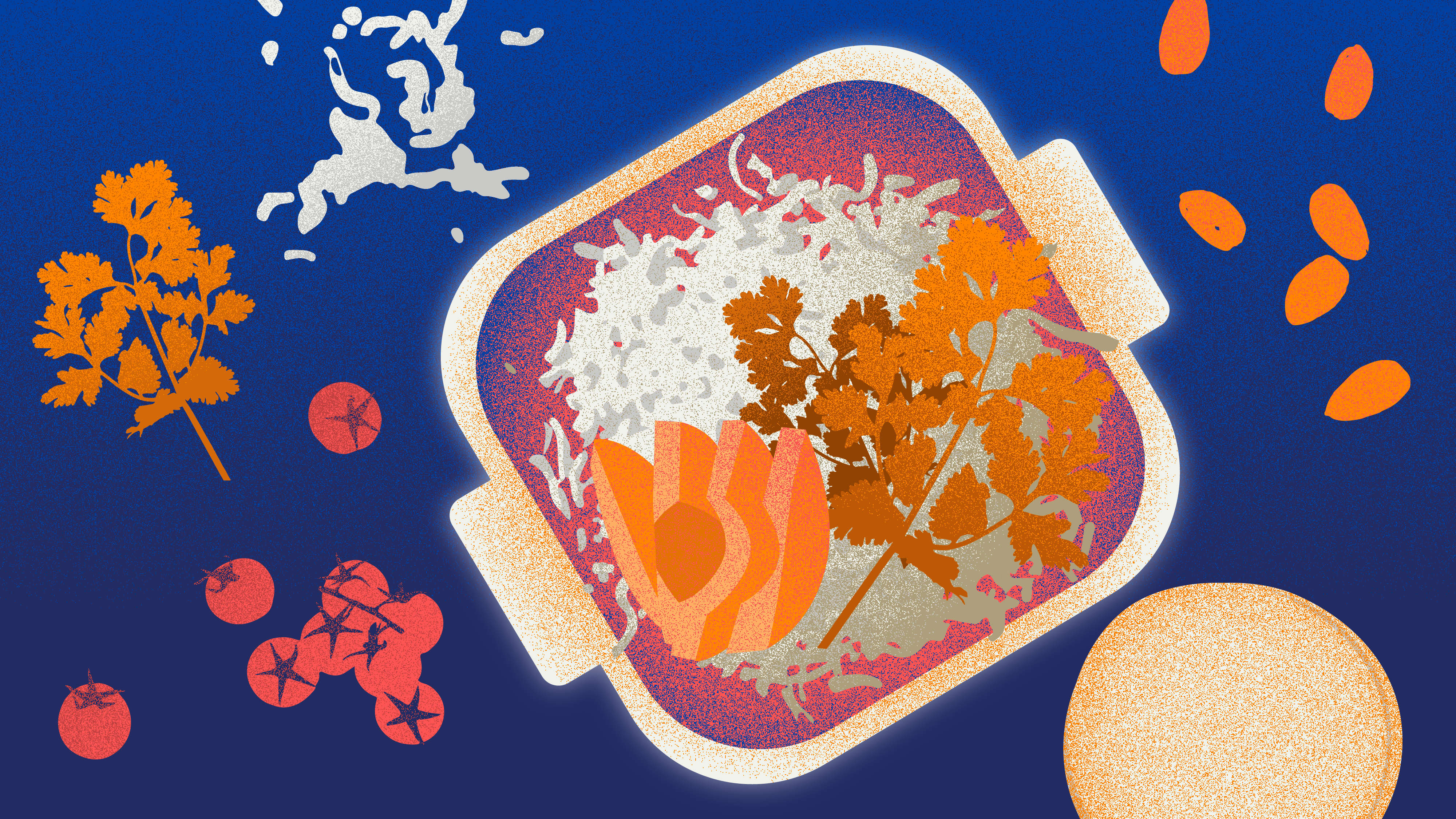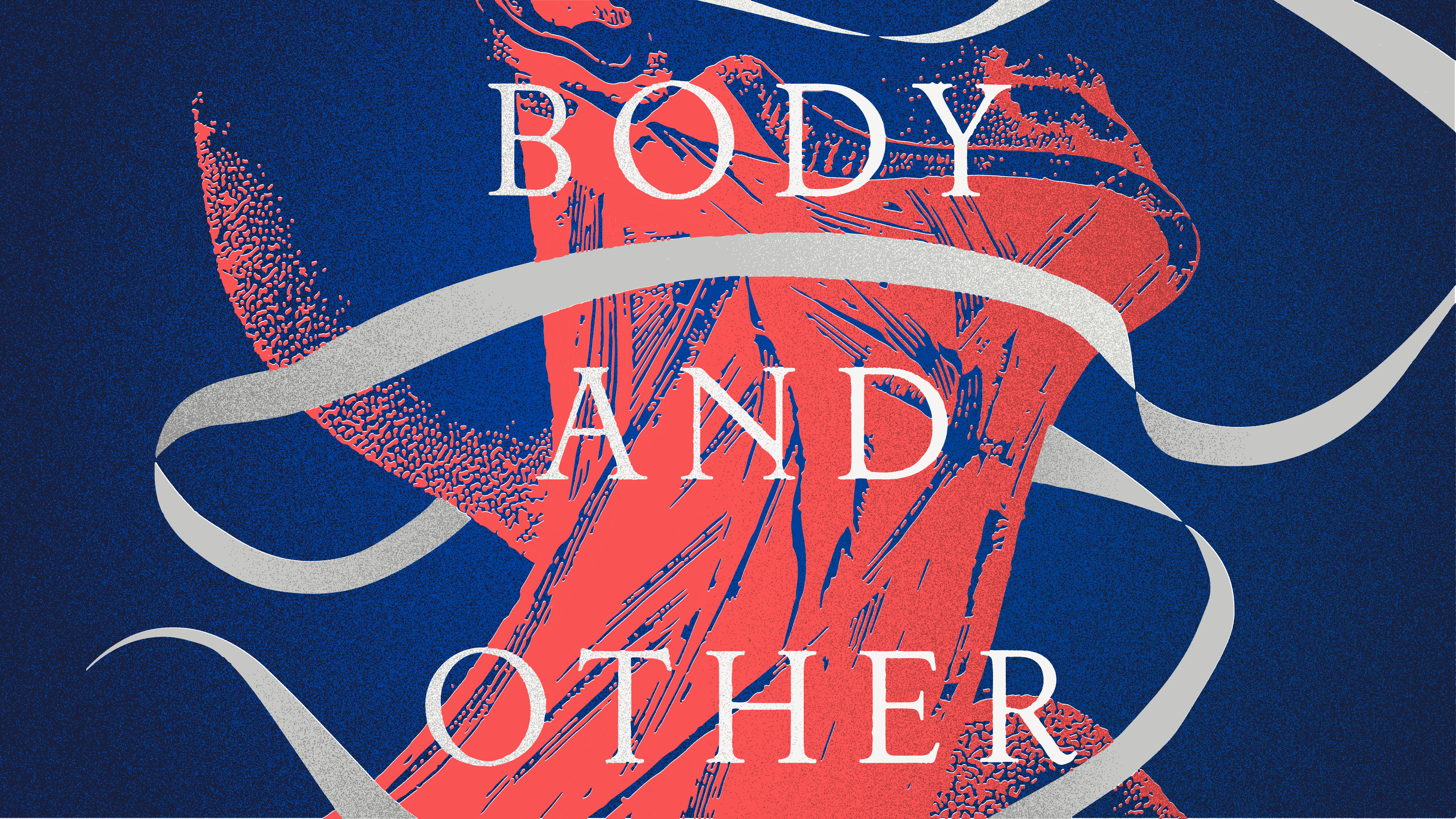
Last year, I discovered the genre of magical realism. I had never heard of it before and didn’t know anything about it. It’s a genre that came from Latin America and features stories that are filled with magic. It was the first time I’ve truly dived into Hispanic literature, and I loved it. If you’re lacking good Hispanic literature like I once was, here are five wonderful books selected by myself and my co-author Sisel Gelman to get you started!
1. “So Far From God” by Ana Castillo selected by Emma Elenes
Written by Chicana author Ana Castillo, “So Far From God” is the story of a single mother and her four daughters. Each daughter’s life is filled with strife their mother can do little about.
Castillo just really hones in on the struggles of being a woman, particularly a Chicana.
When I read this novel, I was drawn to the character of Esperanza, the eldest daughter. As the eldest daughter of a Mexican family myself, I related to Esperanza’s struggle to always be the responsible daughter.
This book has stuck with me. It’s a great example of the magical realism genre which is known for mixing magic and reality until the two are indistinguishable.
2. “Labyrinth Lost” by Zoraida Córdova selected by Emma Elenes
“Labyrinth Lost” is a dark fantasy that takes you through a Wonderland-like world where nothing quite makes sense. It’s a run read and is the first in a series titled “Brooklyn Brujas.”
Alex, a young “bruja,” tries to find a way to rid herself of her magic. The ritual she performs backfires and causes her entire family to disappear, forcing her to venture to Los Lagos, a mysterious and dangerous realm. I loved the otherworldliness Córdova conveys throughout this realm. It runs on different rules than the human world to which Alex is accustomed.
Alex sees her magic as a burden. This reflects how Latinos in the United States feel about their ancestry when they’re teens. I myself always struggled with feeling Latino enough for my family and feeling American enough for the world.
Author Zoraida Córdova is Ecuadorian-American and won an International Latino Book Award for “Labyrinth Lost.” I highly recommend this book to anyone who loves dark fantasies and magical worlds.
3. “Mexican Gothic” by Silvia Moreno-Garcia selected by Emma Elenes
I’m gonna be real and say that this is my favorite book on the list. I just absolutely love horror and this novel got me into gothic horror.
“Mexican Gothic” follows Noemi as she leaves Mexico City to go check in on her recently-wed cousin. Author Moreno-Garcia is originally from Mexico but moved to Canada when she was 27. Her love of history and context is clear in “Mexican Gothic.” This book handles themes of colonialism and white supremacy and examines how these old systems still have repercussions today.
The monster in the novel serves as an excellent metaphor for the themes the author wants to convey, but I won’t say more to avoid spoilers. When I first read “Mexican Gothic,” I meant to pace myself. I tend to tear through books in one sitting but the mystery kept pulling me back.
Moreno-Garcia does an excellent job of creating a creepy and beautiful atmosphere that puts readers right into Noemi’s headspace as she tries to decipher the many mysteries before her.
4. “Como Agua Para Chocolate” by Laura Esquivel selected by Sisel Gelman
Calling all lovers of Magical Realism! This short novel follows Mamá Elena and her three daughters — Rosaurio, Gertrudis, and Tita — as they fight to survive the Mexican Revolution.
This family has a tradition that the youngest daughter cannot marry, and is forced to take care of her mother until her death. This resigns Tita to a life without love or any personal aspirations. That is until she meets Pedro and they fall in love.
“Como Agua Para Chocolate” includes classic Mexican recipes in every chapter. These recipes reveal the inner world of our characters — in addition to the culture of the time. The recipes highlight the importance of food as a catalyst for community, emotion, and female empowerment.
Food gives Tita the opportunity and the space to discover herself, to love others passionately, to fight for the values she believes in, and to reimagine how to cure the world’s evil with traditions.
This novel also criticizes marginalization, racism, and anti-feminist practices within the augmented reality of magical realism.
“Como Agua Para Chocolate” has some incredibly erotic moments, full of tasteful sensuality and a well-developed love triangle.
5. “Batallas en el Desierto” by José Emilio Pacheco selected by Sisel Gelman
I read this novella in high school, and I still think about it often. Carlos, an elderly narrator, recounts his childhood in Mexico City in the ‘50s and what it was like to fall in love with the mother of his best friend.
And of course, what it was like to deal with her rejection.
This book is much more than its simple plotline. It is an exploration of post-WWII politics and the beginning of globalization — specifically, modern USA neo-colonialism and neo-imperialism. At one point in the novella, Carlitos and Jim — whose father is American — are offered a snack by Jim’s mother, Mariana.
The snack in question? A ham sandwich with Kraft cheese. Carlitos had never had Kraft cheese before because it was an expensive American import. Mexico would be changing soon — as the nation modernized and the US began to share its culture with its neighbor — and “Batallas en el Desierto” captures that moment of transition perfectly.
This novel also tackles themes of tradition by emphasizing the dangers of dogmatic Catholicism; themes of modernization by raising questions on how children are diagnosed with psychological disorders; and themes of slut-shaming by showing how a simple rumor can ruin a person’s reputation.
An absolute classic that many Mexican parents love. You will feel tenderness towards “Batallas en el Desierto” too!







